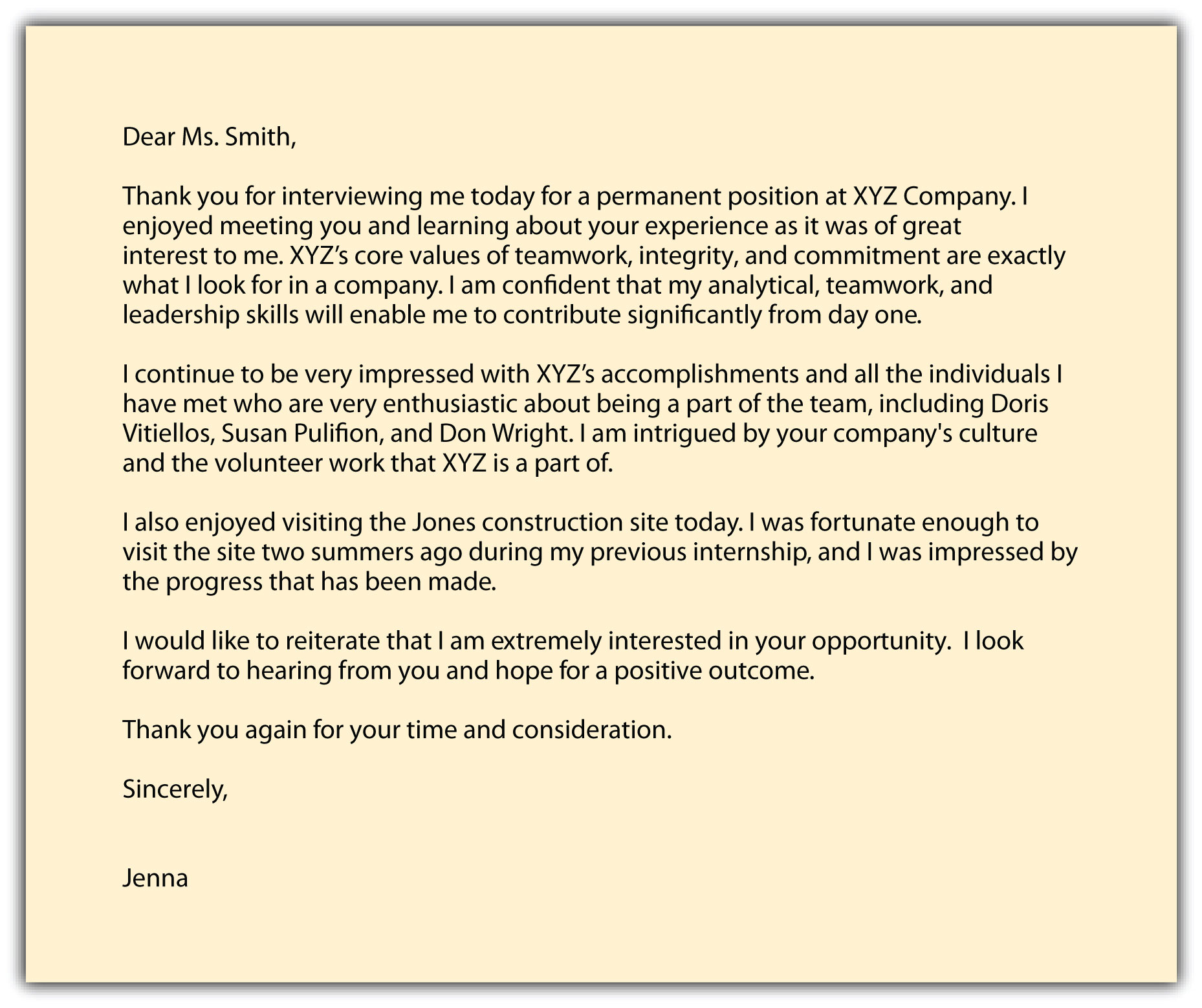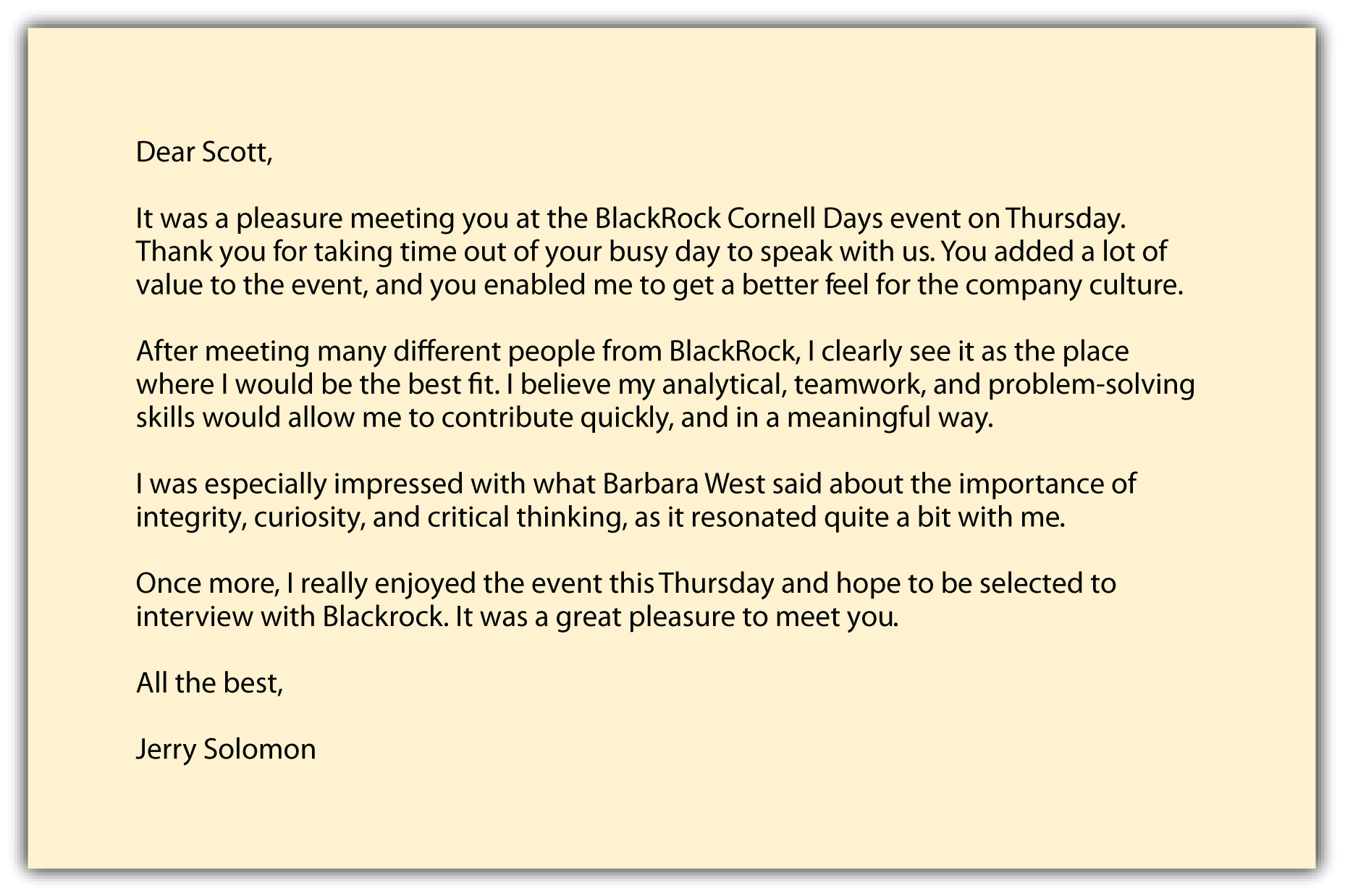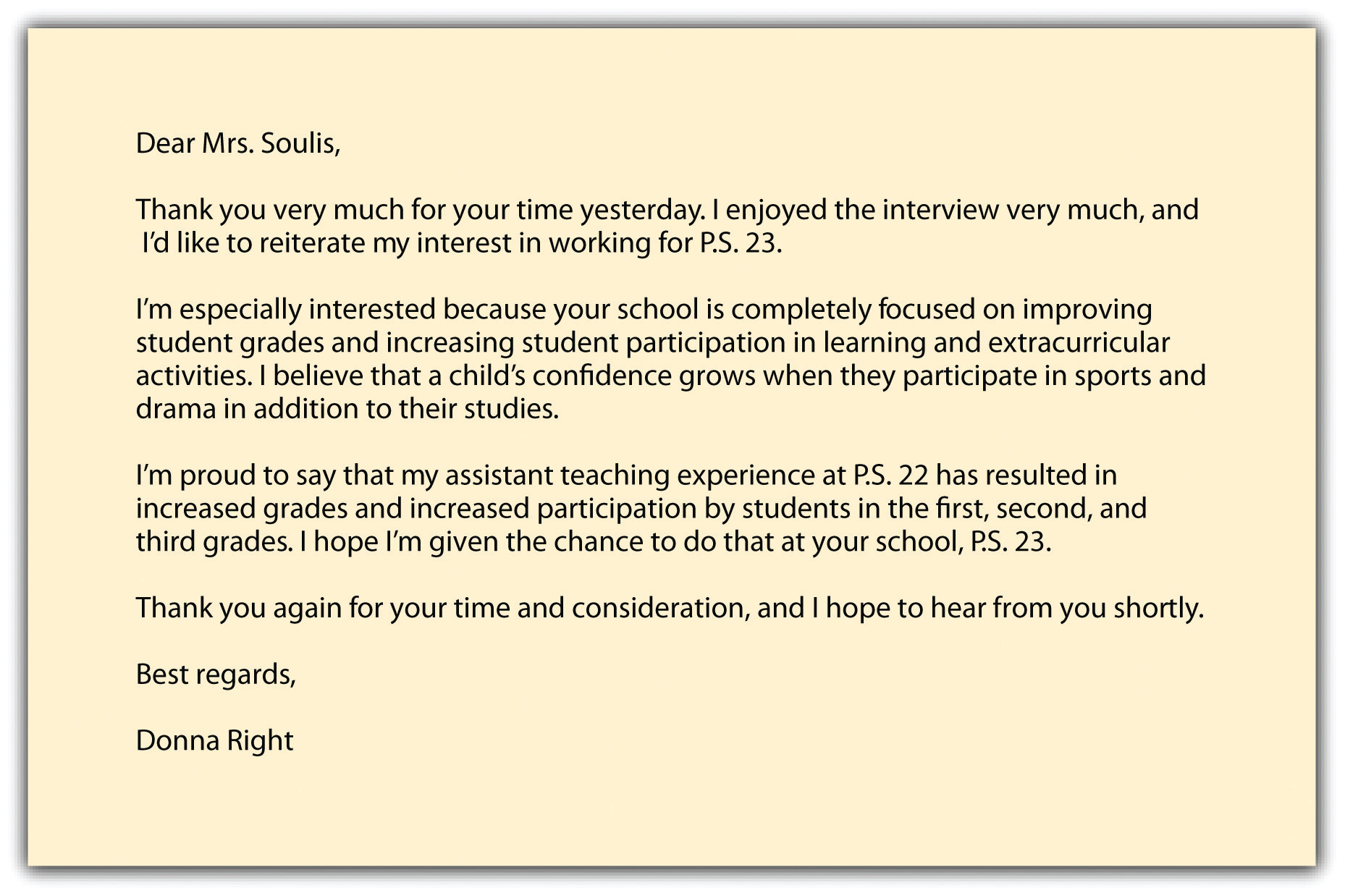| Topic | Question |
|---|---|
| Goals of the company, division, department | I understand that your main goal is to complete X. |
| Are you pleased with your progress so far? | |
| Goals for the position | I understand that should everything work out and I receive the offer, I would be responsible for Y. |
| Would you expect that I will be able to do that in one month, three months, or six months? | |
| Training program | Is there any training I would receive prior to my first day? |
| Would I receive ongoing training, or is it basically on-the-job training? | |
| Critical skills needed | What two or three skills do you think are absolutely necessary to succeed in this role? |
| Culture of the company | I’ve researched your website and learned that the culture is x, y, and z. |
| Would you agree? Can you add anything to this? | |
| Questions about the interviewer | How did you get your start in this business? |
| What are you most proud of in your time at this company? | |
| What is the one thing about this company that you are most focused on improving? | |
| To what do you attribute your success at this company? | |
| Additional questions | I read the speech the chairman gave at the X conference last month. In that speech, she mentioned the importance of leadership and that this company is building a strong bench strength of leaders. How is that being done? |
| I recently read a few articles about this company in The Wall Street Journal and on BusinessWeek’s website. The articles seemed to say X. Do you agree? | |
| I see that the stock has held steady lately. Can you tell me what you think caused this increase (or decrease)? |
Remember to do two things when preparing your questions for the interview:
Match the proper questions to the proper interviewer:
- If you are interviewing with a managing director, ask about the goals of the company, the division, or the department. Ask about the stock of the company and ask what keeps them up at night.
- If you are interviewing with someone in human resources, ask about what is covered during the training program. You can also ask what skills are necessary for success, about past alums from your school, and so forth.
Research everything you can before the interview:
- Research the company’s, the division’s, and the department’s goals. Study the website, speak to alumni (if possible), and attend marketing events prior to the interview.
- Research your interviewer using Google and LinkedIn.
- Gather information from your network. Are your interviewers alumni from your school? If you knew someone else at the company, before the interview takes place, it’s fine to mention who you know and where you met.
Similar posts:
Question Your Next Steps
Your final interview question should pertain to the next steps you should take so you will know how to follow up. Be certain your last question accomplishes the following:
- It demonstrates that you are forward thinking and that you tie up loose ends.
- It clarifies the follow-up process.
After
You can take definite steps after an interview to improve your chances of being called back for a second round or getting an offer for the position. Four steps increase your odds:
- Send a thank-you note.
- Update all parties relevant to your search.
- Create your follow-up strategy.
- Set up additional targets.
E-mail a Thank-You Note before the Day Ends
E-mail, versus a handwritten note, is preferred for many reasons:
- Your note will be immediately received by the interviewer. It’s common courtesy to thank people for their time right away, and manners count quite a bit during the job search.
- Your ability to write a concise business note is demonstrated.
- Your quick communication keeps you at the top of the interviewer’s mind.
- Your e-mailed thank-you note can be shared easily and often by everyone who interviewed you. This positive momentum keeps you in a positive light with all parties.
- Your e-mail is an opportunity to quickly confirm that you have the critical skills necessary to do a fantastic job. In the e-mail, you can reiterate the skills you have or mention something specific that was discussed in the interview, thus making an even stronger case for why you’d be a great hire.
- Your e-mail can include an attached article about the company or about an interest you share with the interviewer.
- Your e-mailed thank-you note is more likely to receive a response from the interviewer.
Some individuals believe a handwritten note distinguishes you from others; while that may be true, you never know if it arrived. You could send an e-mail and a handwritten note to cover all the bases, but don’t use the exact wording for both notes. Using a high-quality, professional notepaper or stationery is recommended.
Figure 8.2 Sample Thank-You Note 1

Figure 8.3 Sample Thank-You Note 2

Figure 8.4 Sample Thank-You Note 3

Update All Parties Relevant to Your Search
If you’ve met other people during your job search and they’ve been helpful in any way, send them an e-mail update as to how you’ve progressed. It will mostly likely be shared with others, so take great care when writing any note to a company representative.
Map Your Follow-Up Strategy
Once you’ve interviewed for a position, note your expected follow-up on your calendar. If the company representative said you will be contacted in a week, mark that on your calendar. If you aren’t contacted, add another three or four days onto your calendar and then follow up with the company. After that, maintain consistent communication to help produce positive results.
Different ways to keep in touch include the following:
- Thank the company’s representative for either the interview or the update.
- Give a results update.
- Send holiday greetings (throughout the year).
- Share an article about the company or about a common interest.
- Express congratulations on positive news about the representative’s career or the company.
- Make a referral.
Set Up Additional Targets
You should be working on no fewer than ten targets to ensure you have activity because some targets will get cold, while others get hot. The recruiting process is, to a large extent, a numbers game. Having more companies in play increases your chances of success.
When Things Go Wrong
Sometimes no matter how well you prepare, something still goes wrong. The following strategies will help you manage when things go amiss:
- If you forget to turn your cell phone off and it rings, apologize and quickly turn off the phone. Don’t look at the number of the person calling you.
- If you are late, call in advance to notify the interviewer and ask if the interview can proceed. Apologize when the interview takes place.
- If you have a wardrobe malfunction—a popped button, a run in your stockings, or you spilled coffee on your clothing—a little humor might help.
- If you went on a tangent and did not answer the question directly, check to make sure you are on track or ask that the question be repeated.
KEY TAKEAWAYS
- Assess your strengths and weaknesses, your likes and dislikes, and your goals before you begin the interview process.
- Knowing what to do before, during, and after an interview is critical to your overall success.
- Having a routine that you follow during the days before and the day of the interview will lower stress and increase your chances to succeed.
- The more prepared you are for an interview, the more likely you are to succeed. Control what you can through preparation and practice and when the unexpected happens, you will be in a better position to manage it.
- If things go wrong during an interview, you can take specific steps to regain your composure.
- Sending a thank-you note is a perfect way to thank the interviewer for their time and keep the lines of communication open. Identify something in the interview that you want to highlight in your note, yet keep it short and concise.
EXERCISES
- Compare your list of strengths and weaknesses with those of a friend or fellow student. Seek reinforcement that your strengths are indeed your strengths and vice versa.
- Select your interview outfit, including your suit, shoes, and briefcase or portfolio. When selecting something to wear, make sure your suit is professional and fits well. Preferred colors are navy, beige, and black. In the spring or summer, beige is an acceptable color for women. If you are not sure, ask a salesperson at a professional clothing store.
- Draft a list of everything that you must do one, two, or three days before an interview and leave nothing to chance.
- Practice answering a few interview questions, emphasizing the results you have achieved in various situations. Act confident even though you may not feel confident.
- Draft a thank-you note and ask a friend or someone from career services to review it. Ensure it is grammatically correct in every way: spelling, tenses, and so forth.


Post a Comment